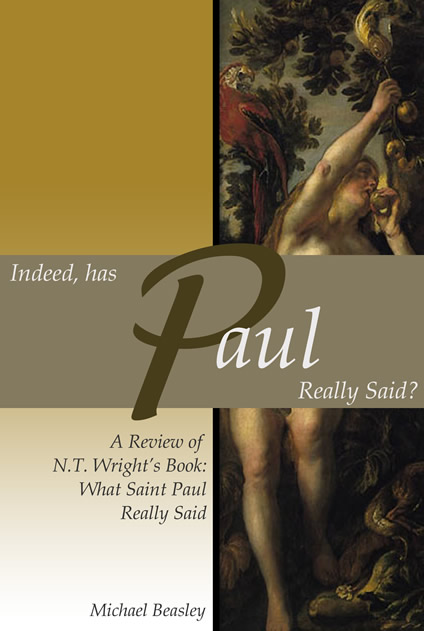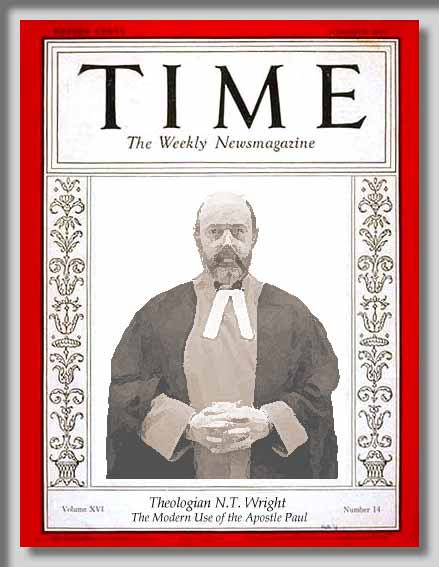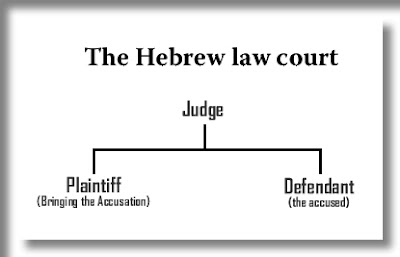
Recently, the Beasley clan packed into the Beasley van and headed over to Raleigh North Carolina in order to visit the city’s science museum. We decided to go there, rather than the new Creation Museum, because of the time and distance that would be involved. However, we are looking forward to making the trip to the new museum very soon. Anyway, our trip to Raleigh was just right. With our 6th addition to the family (Josiah) we stayed just one night in Raleigh in order to secure enough time to enjoy the sights. On the morning of our final day there, we did something that we rarely do – we went to a place called Starbucks (they sell coffee and other hot beverages like that). I have to say that since we are 8 people in total, going to quaint little coffee shops can feel a bit overpowering. If anything, it can feel like a complete takeover. So Sandra and the six were quietly sitting down at three tables that were joined together, and I must remind you that there would be no reason for anyone to notice them, except possibly for their number. I was standing in line waiting to order some beverages, when along came a woman who was gawking at my family as she entered the store. I tried not to notice her, but it was hard to avoid. She had a slight scowl on her face as she inched up behind me in line. Leaning towards me, this sixty-something lady covertly whispered into my ear: “Ugh!” “Do you think that all those children belong to that poor lady over there?!”
(Yes, she really said that)
It’s in moments like these that I find myself quietly sorting through an exhaustive list of things to say, holding back facial expressions as I do. Within a very short span of time my mind yielded a cornucopia of options – some more sanctified than others. With reciprocal stealth, I whispered back:
“No…THEY ARE MINE.”
I made sure to smile at the end so that she would know that I was having fun wither her while adding: “…AND they’re hers too.” What happened next was a bit surprising, although I suppose that I shouldn’t be surprised at all. Without any sense of embarrassment whatsoever, she then proceeded to bark about the one child that she had, complaining that “he was just too much!”
I am finding these days that people no longer seem to have even the common grace with which to speak of children affectionately – if even with a family member. It would provide for an  easier adjustment if these people would just wear a t-shirt that lets us know about their attitude in advance – but I suppose that this would be asking for too much. I must say that I was tempted to give up on the matter and let it stand – culturally speaking, most people are expected to offer an obligatory complaint, echoing the rants of the parents and thus affirming the meddlesome nature of children.
easier adjustment if these people would just wear a t-shirt that lets us know about their attitude in advance – but I suppose that this would be asking for too much. I must say that I was tempted to give up on the matter and let it stand – culturally speaking, most people are expected to offer an obligatory complaint, echoing the rants of the parents and thus affirming the meddlesome nature of children.
But how could I?
I looked right at the woman, and with a warm smile retorted: “You know, children are a gift from the Lord.” After launching that politically incorrect response, I wondered if there might be a retaliation of some sort. Surprisingly, the woman conceded by saying “yes they are…” but then began a descent into another round of whining: “…until they grow up and have all their problems…and then they have children of their own!”
And as if this weren’t enough, she topped it off with this one: “Oh the difficult times that we have had with that grandchild!”
 It was sad to hear this woman speak of her own offspring in this manner – but this is what we are all about – apart from the grace of God. In former years, I would get frustrated by such an experience. Now I look at people and realize that I am looking in an anthropological mirror – and the only thing that distinguishes me from a woman like this is the sovereign grace of Almighty God. Thus, with that thought in mind I responded once again: “It is difficult, but even the trials are for our good – they show us how much we need the Lord…”
It was sad to hear this woman speak of her own offspring in this manner – but this is what we are all about – apart from the grace of God. In former years, I would get frustrated by such an experience. Now I look at people and realize that I am looking in an anthropological mirror – and the only thing that distinguishes me from a woman like this is the sovereign grace of Almighty God. Thus, with that thought in mind I responded once again: “It is difficult, but even the trials are for our good – they show us how much we need the Lord…”
By now, it seemed that I had bypassed her every cultural-cue to join in her complaint – all that I seemed to be doing was colliding with her attempt to commiserate with someone. By now the line moved forward, and our brief encounter dissolved as quickly as it began. It was just a brief encounter, but it stirred my thoughts about a number of things:
In today’s culture, children are treated as a nuisance – things that get in the way of our careers and our retirement plans. The women’s liberation movement has spawned an entire generation that sees motherhood as a disease that is suitable for those who can’t do much better with their lives; and children are merely proof of their lowly existence. But to all the moms out there let me say – do not give an ear to this satanic message – ironically, it is the woman who rejects her God-ordained calling who is guilty of blaspheming the Word of God (Titus 2:3-5), not the faithful mother and housewife. Yours is a noble calling – enjoy it in Christ!
I was once again convicted over the fact that any experience in life can be made into an opportunity to speak of the Lord to others – even in a 60 second exchange while standing in line. I find that it is too easy to run errands without considering the brief exchanges that I have with others – whether at a restaurant or a grocery store – lost people are all around us and we need to be ready to give an answer for the hope that lies within us – even when it doesn’t fit the cultural-cues that are so predominant in our society.
Speaking to others about the Lord should always be a humbling experience for us. Whenever we tell others about the Savior, we do so as the bondslaves of Jesus who have nothing to boast in, save Christ and Him crucified. What I know, for myself, is that when I am broken and humbled in heart, then I have a deeper affection and compassion for the lost. It’s too easy to get frustrated with the people of this world – but when we get that way, we lose sight of the grace of God by which we ourselves have been redeemed.
Finally – if you have children, and you aren’t thanking the Lord for them as you should, understanding that they are blessed gifts from His hands, then you are sinning. Confess it, give thanks, and disciple your children with greater joy in Christ.
Oh yes, as for the warm fuzzy thought for the day – the coffee was great!








 I will try to spare the reader all of his twisted sophistry. In short, Wright seeks to revise the language of Paul by making some gargantuan changes to Paul’s past:
I will try to spare the reader all of his twisted sophistry. In short, Wright seeks to revise the language of Paul by making some gargantuan changes to Paul’s past: less alarming to the senses. Many today have no desire to be startled by controversy, but I would submit that much of the modern church is a sleeping church, and she needs to be alarmed and startled concerning those who are creeping in unnoticed – in droves. So I will dispense with the formalities that normally attend the book reviews that I write. Most of you know who
less alarming to the senses. Many today have no desire to be startled by controversy, but I would submit that much of the modern church is a sleeping church, and she needs to be alarmed and startled concerning those who are creeping in unnoticed – in droves. So I will dispense with the formalities that normally attend the book reviews that I write. Most of you know who 

 easier adjustment if these people would just wear a t-shirt that lets us know about their attitude in advance – but I suppose that this would be asking for too much. I must say that I was tempted to give up on the matter and let it stand – culturally speaking, most people are expected to offer an obligatory complaint, echoing the rants of the parents and thus affirming the meddlesome nature of children.
easier adjustment if these people would just wear a t-shirt that lets us know about their attitude in advance – but I suppose that this would be asking for too much. I must say that I was tempted to give up on the matter and let it stand – culturally speaking, most people are expected to offer an obligatory complaint, echoing the rants of the parents and thus affirming the meddlesome nature of children.  It was sad to hear this woman speak of her own offspring in this manner – but this is what we are all about – apart from the grace of God. In former years, I would get frustrated by such an experience. Now I look at people and realize that I am looking in an anthropological mirror – and the only thing that distinguishes me from a woman like this is the sovereign grace of Almighty God. Thus, with that thought in mind I responded once again: “It is difficult, but even the trials are for our good – they show us how much we need the Lord…”
It was sad to hear this woman speak of her own offspring in this manner – but this is what we are all about – apart from the grace of God. In former years, I would get frustrated by such an experience. Now I look at people and realize that I am looking in an anthropological mirror – and the only thing that distinguishes me from a woman like this is the sovereign grace of Almighty God. Thus, with that thought in mind I responded once again: “It is difficult, but even the trials are for our good – they show us how much we need the Lord…” 